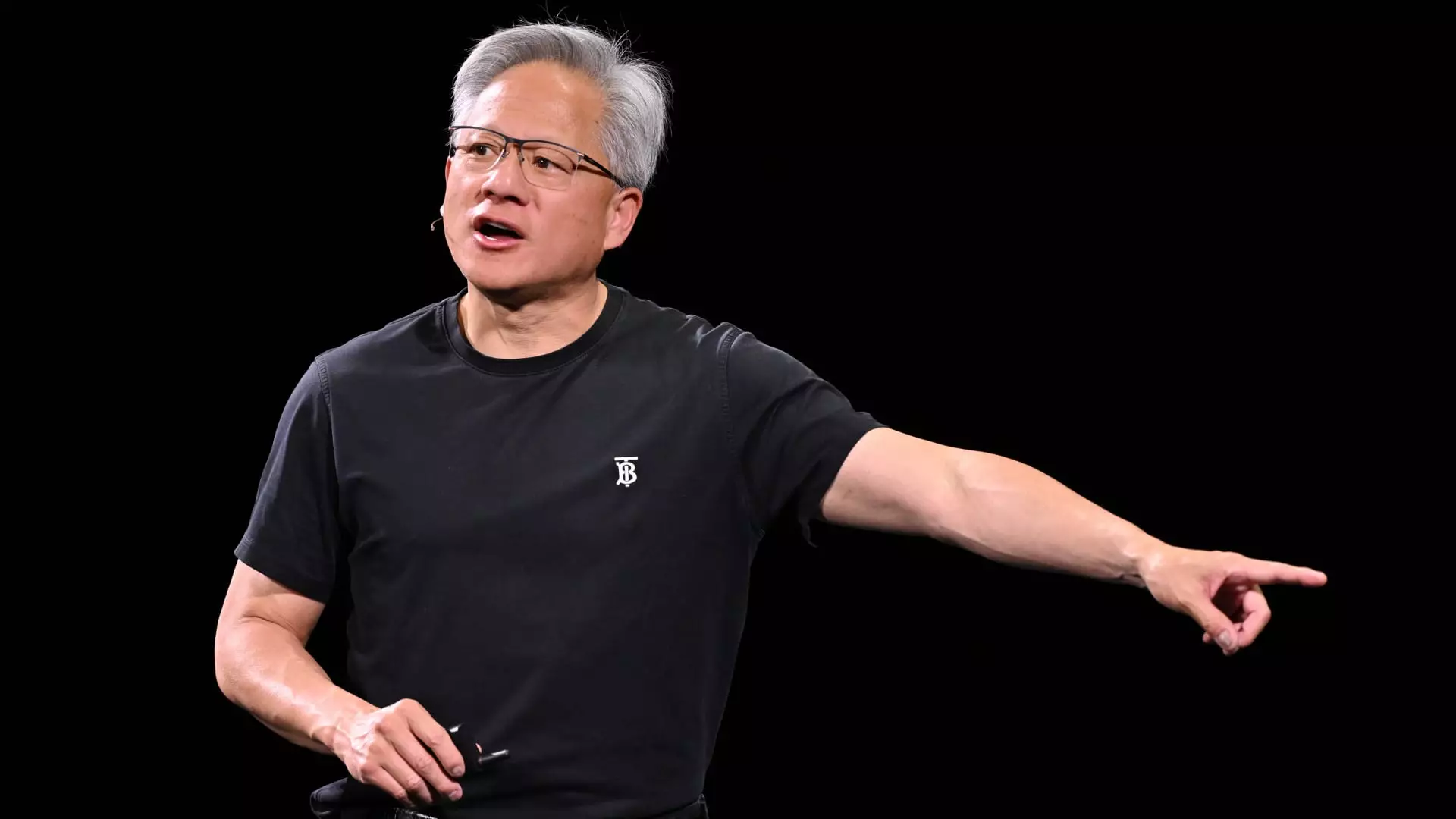Nvidia, the semiconductor powerhouse riding the wave of the artificial intelligence boom, has experienced an extraordinary trend in insider selling over the past year. According to recent reports, executives and insiders have collectively sold over $1 billion worth of shares within twelve months. Particularly striking is the accelerated pace seen in the last month, where nearly half a billion dollars’ worth of stock was offloaded, even as Nvidia’s market capitalization soared and the stock hit new highs. This surge in insider sales has inevitably raised eyebrows, given Nvidia’s pivotal role in the explosive growth of AI technologies globally.
Stock Performance vs. Insider Actions: A Mixed Signal
On the surface, Nvidia’s stock performance presents a bullish narrative: shares have increased by more than 17% year-to-date and surged an impressive 44% over the last three months. The company’s dominance in the AI chip market fuels investor enthusiasm despite looming geopolitical risks such as export restrictions limiting sales to certain countries. However, the insiders’ decision to “dump” shares during this period sends a more ambiguous message. Generally, when insiders sell large chunks of stock, it can indicate a lack of confidence in near-term growth or a desire to capitalize on peak valuations. Yet, in Nvidia’s case, executives have framed these sales as strategic portfolio management tied to preplanned dispositions rather than a signal of diminishing prospects.
The Role of Jensen Huang and Corporate Strategy
Nvidia’s visionary CEO, Jensen Huang, who boasts a staggering net worth of approximately $138 billion, has been a focal point of these stock sales. Having announced a program earlier in the year to sell up to six million shares by year’s end, Huang recently executed transactions worth around $15 million. While skeptics might interpret Huang’s sales as a vote of no confidence, it’s essential to understand that such moves by founders and CEOs with outsized equity stakes often relate to diversification and liquidity needs rather than doubts about the company’s trajectory. Notably, Huang continues to champion AI and, notably, a new frontier: robotics, which he dubbed the “biggest opportunity” after AI itself.
Market Implications and Investor Psychology
Nvidia’s resurgence to the top of market valuation charts—surpassing titans like Microsoft and Apple—following a strong rally and an annual meeting underscores the compelling momentum behind the company. However, insider selling amid rising share prices creates a paradox that investors must navigate carefully. For some, these sales signal a prudent exercise in risk management by insiders capitalizing on heightened valuation levels. For others, it stokes caution about the sustainability of current growth rates or the potential impacts of international trade restrictions on AI hardware distribution.
Balancing Growth Optimism with Insider Realities
While Nvidia’s technological prowess and dominant position in AI chip manufacturing appear unassailable for the foreseeable future, the insider trade data injects a sobering note into the exuberance. Rather than viewing these stock sales purely as warning flags, it may be wiser to interpret them as a natural phase in a high-value company’s lifecycle, where insiders take advantage of their holdings while reinvesting confidence in the innovation pipeline and longer-term opportunities like robotics. The nuanced relationship between market dynamics, insider behavior, and future growth requires investors to remain vigilant but not unduly alarmed.

